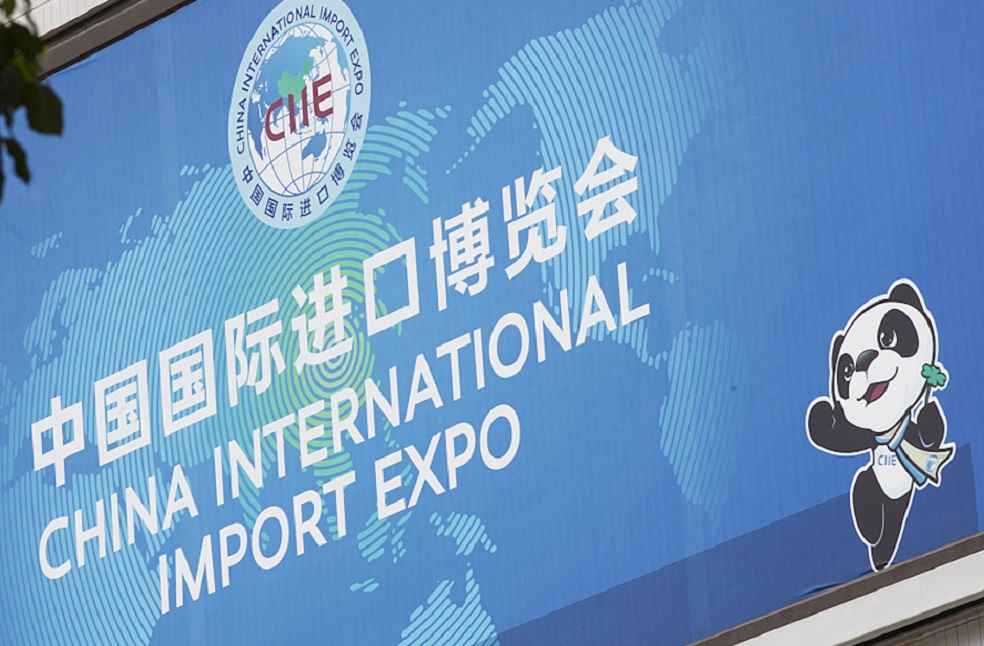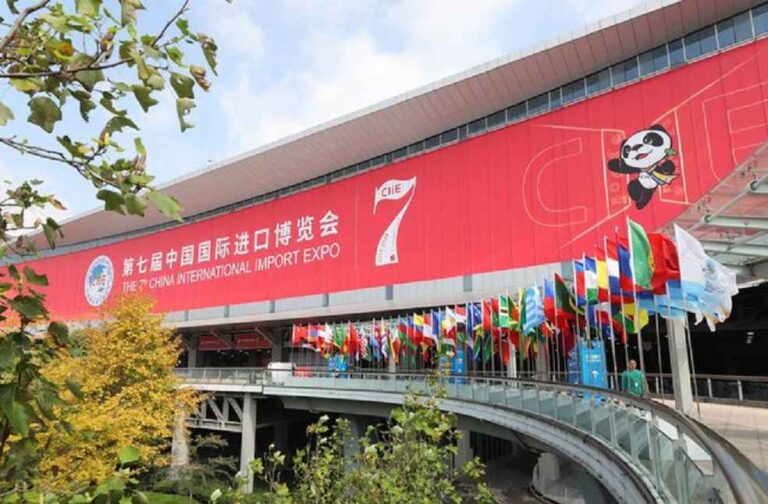The 7th China International Import Expo (CIIE), held from November 5 to 10 in Shanghai, has gathered participants from 152 countries, regions, and international organizations. This year, 297 Fortune Global 500 companies and industry leaders will attend, reflecting China’s commitment to economic openness.
Since CIIE’s launch, around 2,500 new products, technologies, and services have debuted, with intended turnover surpassing $420 billion, making it a pivotal platform for trade and cooperation.
China has recently intensified policies to boost foreign trade and attract investment. On October 25, it introduced guidelines to extend high-standard trade regulations in Free Trade Zones (FTZs) and the Hainan Free Trade Port.

The eligible FTZs, located in Shanghai, Guangdong, Tianjin, Fujian, and Beijing, cover goods and services trade, digital trade, personnel mobility, business environment, and risk management. China’s 22 FTZs, spread across coastal, inland, and border regions, contribute about 20% of the nation’s foreign trade and investment, with a 11.99% increase in trade volume in the first three quarters of 2024.
To enhance its investment climate, China updated its national negative list for foreign investment, reducing restrictions to 29 items. Jin Xiandong from the National Development and Reform Commission emphasized China’s support for economic globalization, highlighting streamlined processes for foreign investors.
This revised list now allows full foreign participation in manufacturing. Additionally, China has opened the service sector further, permitting wholly foreign-owned hospitals in selected areas, including major cities and Hainan.

China is also expanding foreign participation in its digital economy. A recent pilot program allows foreign investors to operate wholly-owned internet data centers and engage in data processing in designated zones, aligning with its broader strategy to modernize digital infrastructure.
Between January and September 2024, 42,108 new foreign-invested enterprises were established in China, an 11.4% year-on-year increase. Foreign direct investment rose significantly in the medical equipment (57.3%) and computer and office device (29.2%) sectors.
Zhang Bin from the Chinese Academy of Social Sciences highlighted the importance of aligning domestic policies with international standards to strengthen China’s position in global trade.
Through policies favoring inclusivity and international standards, China aims to reinforce its role in global trade. The upcoming CIIE, a key element of this strategy, is anticipated to attract global interest as companies seek opportunities in the expanding Chinese market.
BUSINESS GENERAL | IMF Forecasts 4.6% Growth for Asia in 2024, Warns of Rising Economic Risks



